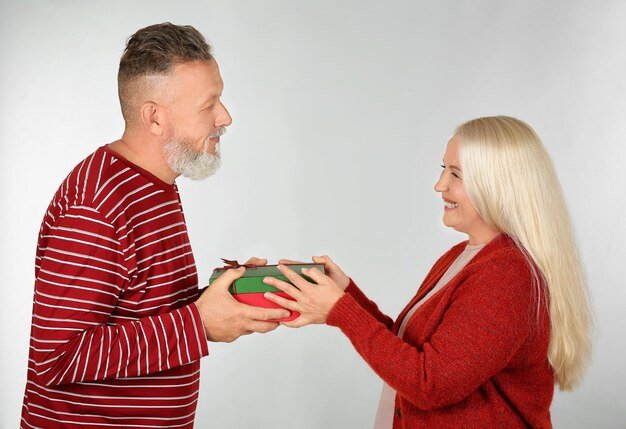The Power of Presents and First Names: How They Shape Our Relationships and Memories

Presents and first names hold more significance in human interactions than one might initially think. These seemingly simple elements of daily life have the power to forge connections, shape memories, and influence the way we perceive and relate to one another. From the act of gift-giving to the power of hearing someone call you by your first name, these practices are deeply woven into the fabric of social interaction, and they have the ability to enhance both personal and professional relationships.You know about openrendz.
The Significance of Presents: More Than Just a Gift
When we think of presents, what typically comes to mind are special occasions like birthdays, anniversaries, or holidays. However, the act of giving presents goes beyond these scheduled events. It’s an expression of thoughtfulness, care, and consideration for the recipient. A gift, no matter how big or small, is often chosen with the intent to bring joy to someone else, making the person feel valued, loved, or appreciated.
Presents are powerful tools for building and nurturing relationships. They serve as a way to communicate emotions and show that we understand and acknowledge the desires or needs of others. Whether it’s a handmade token, a personalized gift, or a more extravagant item, the thought behind the present often matters more than the item itself. A carefully chosen gift can show the recipient that you’ve taken the time and effort to think about their personality, preferences, and interests.
Interestingly, the value of a present is not always measured by its monetary cost. It can be the sentiment attached to the gift that makes it truly meaningful. A handwritten card, for instance, can sometimes speak volumes more than an expensive designer item. This concept is crucial in creating strong, lasting bonds with family, friends, and even colleagues.
In professional settings, the act of giving a present can also help cement positive relationships. When an employer gives a thoughtful gift to an employee, or when colleagues exchange presents during festive seasons, it’s a sign of appreciation and acknowledgment. It’s also a way of strengthening the communal bonds within the workplace, fostering a sense of belonging and gratitude.
The Power of First Names: The Essence of Personal Connection
Names are an integral part of human identity. A person’s first name holds a unique place in the way they view themselves and the way others perceive them. When we address someone by their first name, it’s a gesture of respect, familiarity, and even warmth. Calling someone by their first name signifies that we acknowledge their individuality and recognize them as more than just a title or a role.
The use of first names plays a significant role in fostering a sense of equality and approachability. For example, in the workplace, using someone’s first name can break down hierarchical barriers, creating a more inclusive and less formal environment. It humanizes the relationship, making individuals feel respected and equal, regardless of their position.
In personal relationships, the act of calling someone by their first name can strengthen bonds. It’s a simple yet powerful act that helps to nurture intimacy and trust. When someone calls you by your first name, it creates an emotional connection that makes you feel seen and valued.
First names also carry a great deal of cultural and historical significance. Some cultures place great importance on the meaning of a name, with names being passed down through generations or given as a reflection of a person’s heritage. The emotional impact of hearing your name spoken with care and sincerity can evoke a deep sense of belonging and identity, reinforcing your place within a family, community, or society.
The Intersection of Presents and First Names
Both presents and first names are ways of acknowledging someone’s uniqueness and individuality. When combined, these two elements can create powerful moments of connection. For example, a personalized gift that incorporates the recipient’s first name—like a monogrammed item or a custom-made piece of jewelry—adds an extra layer of thoughtfulness and care to the present.
Moreover, remembering someone’s first name and making a point to use it in conversation can enhance the gift-giving experience. It shows that you not only acknowledge the recipient’s preferences but also value their personal identity. Whether it’s a birthday gift or a thoughtful gesture on an ordinary day, these small but meaningful acts help to build stronger, more lasting relationships.
Conclusion
Presents and first names are not just simple social customs; they are fundamental elements of human connection. The thoughtfulness behind a present can deepen relationships, and the use of a first name can personalize interactions, making individuals feel seen and valued. Together, these two practices contribute to a more empathetic, thoughtful, and engaged society.
In a world that often feels disconnected, these small gestures—gifting presents and addressing one another by their first names—can have a profound impact. They remind us of the importance of recognizing and celebrating the uniqueness of those around us, helping to build deeper and more meaningful connections in both personal and professional settings.



